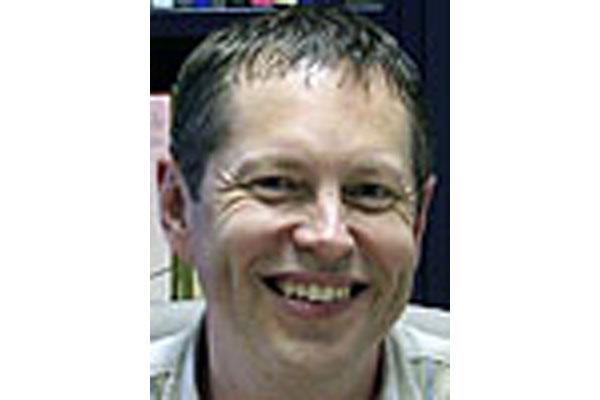Wendt Again Named Top Scholar in International Relations

In a periodic survey of faculty at more than 1,400 colleges and universities worldwide, Alexander Wendt was once again named as the most influential scholar in international relations over the past 20 years. Wendt is Ralph D. Mershon Professor of International Security at the Mershon Center.
The survey was part of the Teaching, Research, and International Policy (TRIP) Project done by the Theory and Practice of International Relations at the College of William and Mary in collaboration with Foreign Policymagazine. Wendt was also named for most influential scholar in international relations in the 2011 survey.
Wendt is author of Social Theory of International Politics (Cambridge, 1999), widely cited for bringing social constructivist theory to the field of international relations. His book argues that international politics is determined not primarily by material concerns such as wealth and power, but by states' perceptions of each other as rivals, enemies, and friends. Social Theory of International Politicswas named Best Book of the Decade by the International Studies Association in 2006 and has been translated into 10 languages.
Wendt is also co-editor, with Duncan Snidal, of International Theory: A Journal of International Politics, Law and Philosophy. Other publications include New Systems Theories of World Politics (Palgrave, 2009), edited with Mathias Albert and Lars-Erik Cederman. Based on a 2005 Mershon Center conference, the book uses a number of systems theoretical approaches to analyze the structure and dynamics of the international system.
His forthcoming book, Quantum Mind and Social Science (Cambridge University Press), explores the implications for social science of thinking about human beings and society as quantum mechanical phenomena. Wendt suggests that man and society are quantum phenomena and addresses the implications of this hypothesis for three foundational issues in social science: the nature of human agency, the nature of society and the epistemology of social inquiry.
The survey also ranked Ohio State's PhD program in political science as 14th worldwide for international relations and its undergraduate program as 24th.
Other scholars named as influential in the 2014 survey include John Mearsheimer, James Fearon, Joseph Nye, Robert Jervis, and Peter Katzenstein, all of whom have spoken at the Mershon Center, as well as Furniss Award winners Kenneth Waltz and Stephen Walt.
